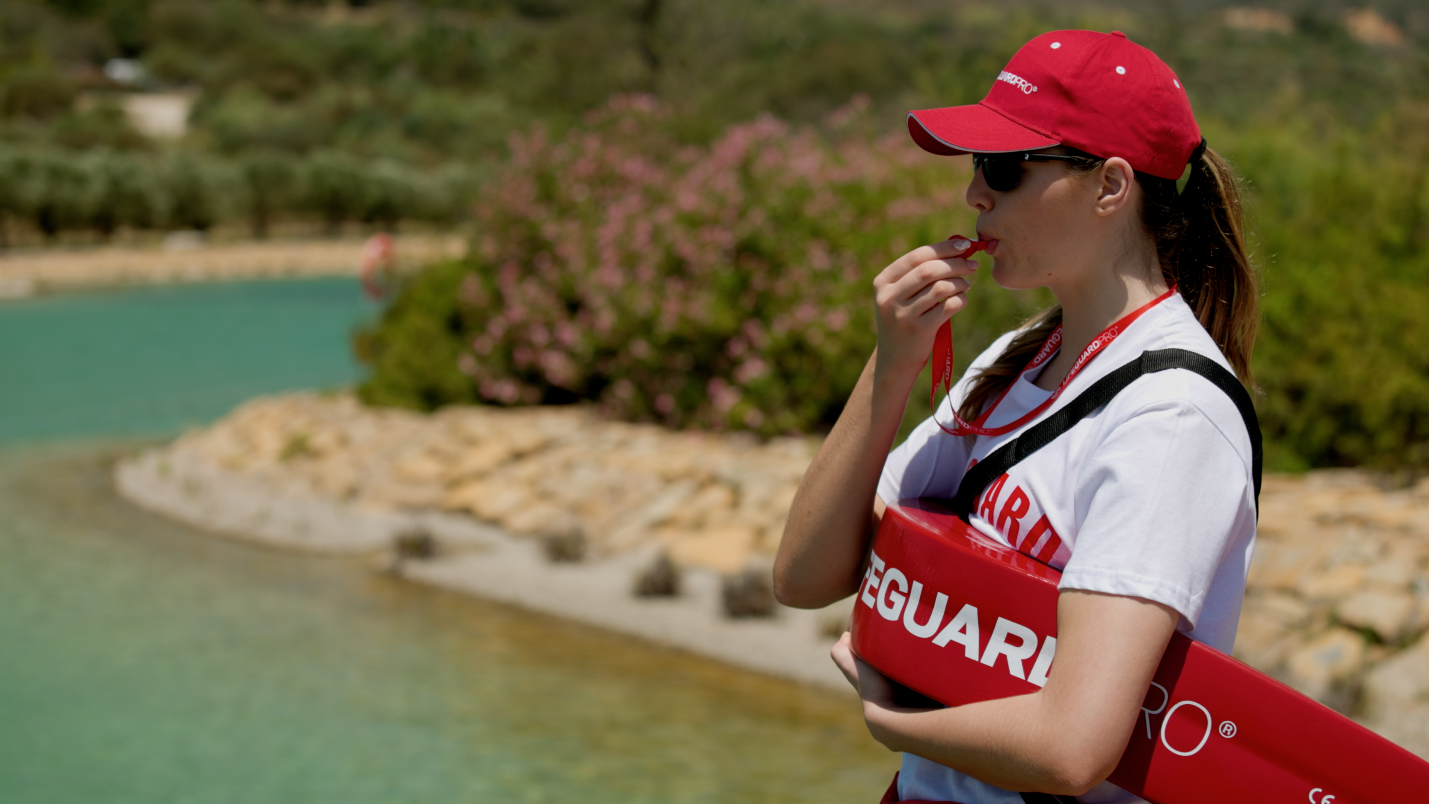Lifeguards play a crucial role in ensuring water safety. They are trained to forestall mishaps and respond to emergencies. There are different types of lifeguards, each having some expertise in different environments and skills. This article explores the different types of lifeguards and their interesting responsibilities.
Pool Lifeguards
• Responsibilities and Duties
Pool lifeguards monitor swimming pools. They ensure the safety, everything being equal. Their principal undertakings incorporate looking after swimmers, upholding pool controls, and giving first aid when vital. They additionally lead regular checks of pool equipment and water quality.
• Training and Skills
Pool lifeguards go through specific training. They learn about water rescues, CPR, and first aid. Their training centers around restricted water spaces. Many hopeful lifeguards look for “lifeguard classes near me” to track down neighborhood training opportunities. These courses provide the fundamental skills and information.
Beach Lifeguards
• Diverse Difficulties
Beach lifeguards face different difficulties. They manage regular waterways, like seas and lakes. Their environment incorporates waves, tides, and marine life. They should be ready for erratic situations.
• High Level Training
Beach lifeguards require progressed training. They need to dominate sea swimming, surf rescues, and the utilization of rescue equipment like fly skis. Their training likewise incorporates figuring out atmospheric conditions and sea life science. Lifeguard certification for beach lifeguards frequently incorporates more thorough physical and skill tests.
Water Park Lifeguards
• Novel Responsibilities
Water park lifeguards have special responsibilities. They monitor a great many attractions like slides, wave pools, and sluggish waterways. Every fascination presents different dangers and requires specific safety measures.
• Training Requirements
Water park lifeguards go through specialized training. They learn how to manage high volumes of swimmers and handle complex rescue situations. They should likewise be know about the mechanical parts of water rides. This training ensures they can respond quickly and really to emergencies.
Lake Lifeguards
• Environment and Difficulties
Lake lifeguards work in freshwater environments. They face different difficulties contrasted with sea lifeguards. Their work frequently includes watching enormous regions with differing profundities and conditions. They should be cautious about submerged dangers like rocks and vegetation.
• Essential Skills
Lake lifeguards need strong swimming skills. They additionally need to know how to work boats and other watercraft. Their training covers rescues in vast water and overseeing enormous gatherings. Looking for “lifeguard certification near me” can assist hopeful lake lifeguards with finding proper training programs.
Stream Lifeguards
• Dynamic Environment
Stream lifeguards work in highly powerful environments. Streams can have strong currents, rapids, and shifting water levels. These factors make waterway lifeguarding especially challenging.
• Training Concentration
Training for stream lifeguards underscores swift water rescue techniques. They learn how to explore quick water and utilize specialized equipment like toss packs and rescue kayaks. Their training likewise incorporates first aid and abilities to survive specific to waterway environments.
Surf Lifeguards
• Specialized Skills
Surf lifeguards have some expertise in beach regions with significant surf conditions. They should be capable at dealing with strong waves and rip currents. Their role is crucial in famous riding places where the gamble of mishaps is higher.
• Extensive Training
Surf lifeguards go through extensive training. They learn progressed swimming techniques and surf rescues. Their training likewise covers the utilization of rescue sheets and stream skis. Lifeguard certification for surf lifeguards is serious, ensuring they are ready for the toughest situations.
Event Lifeguards
• Impermanent Assignments
Event lifeguards are employed for specific occasions. These can incorporate marathons, swimming rivalries, and water-themed parties. Their role is to provide impermanent safety management.
• Flexible Training
Event lifeguards need flexible and diverse training. They should have the option to adjust quickly to different water environments and group sizes. Their training frequently incorporates quick assessment and reaction techniques.
Lifeguard Instructors
• Role and Significance
Lifeguard instructors are answerable for training new lifeguards. They show lifeguard courses and provide certification. Their role is basic in maintaining high safety standards.
• Qualifications and Training
Lifeguard instructors should have broad experience. They should be certified at a high level and have strong instructing skills. They should stay updated with the latest safety protocols and techniques.
Final Word
Lifeguards are essential for water safety in different environments. From pools to seas, each kind of lifeguard has specialized skills and training. Their presence ensures that swimmers can enjoy the water safely. Hopeful lifeguards can view as numerous “lifeguard classes near me” to begin their training journey.
The American Lifeguard Association plays an imperative role in certifying and supporting lifeguards. They offer far reaching lifeguard courses and ensure that lifeguards are well-trained and ready for their duties. Whether you are keen on becoming a pool, beach, or surf lifeguard, the American Lifeguard Association can assist you with accomplishing your objectives and ensure that you are equipped with the vital skills and certification.
